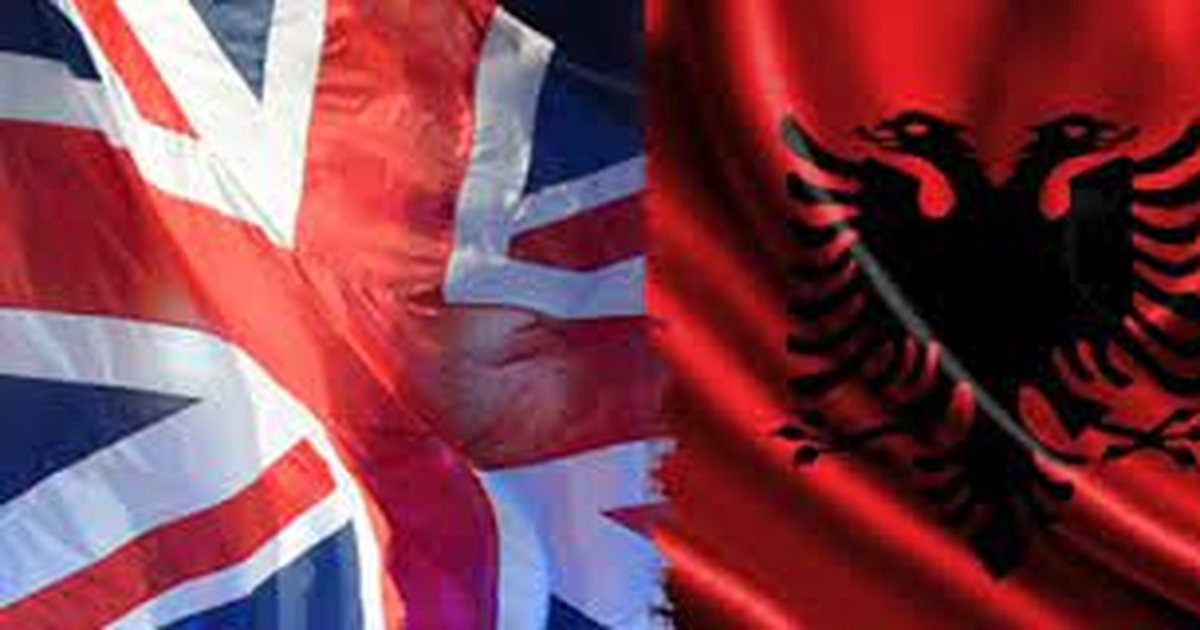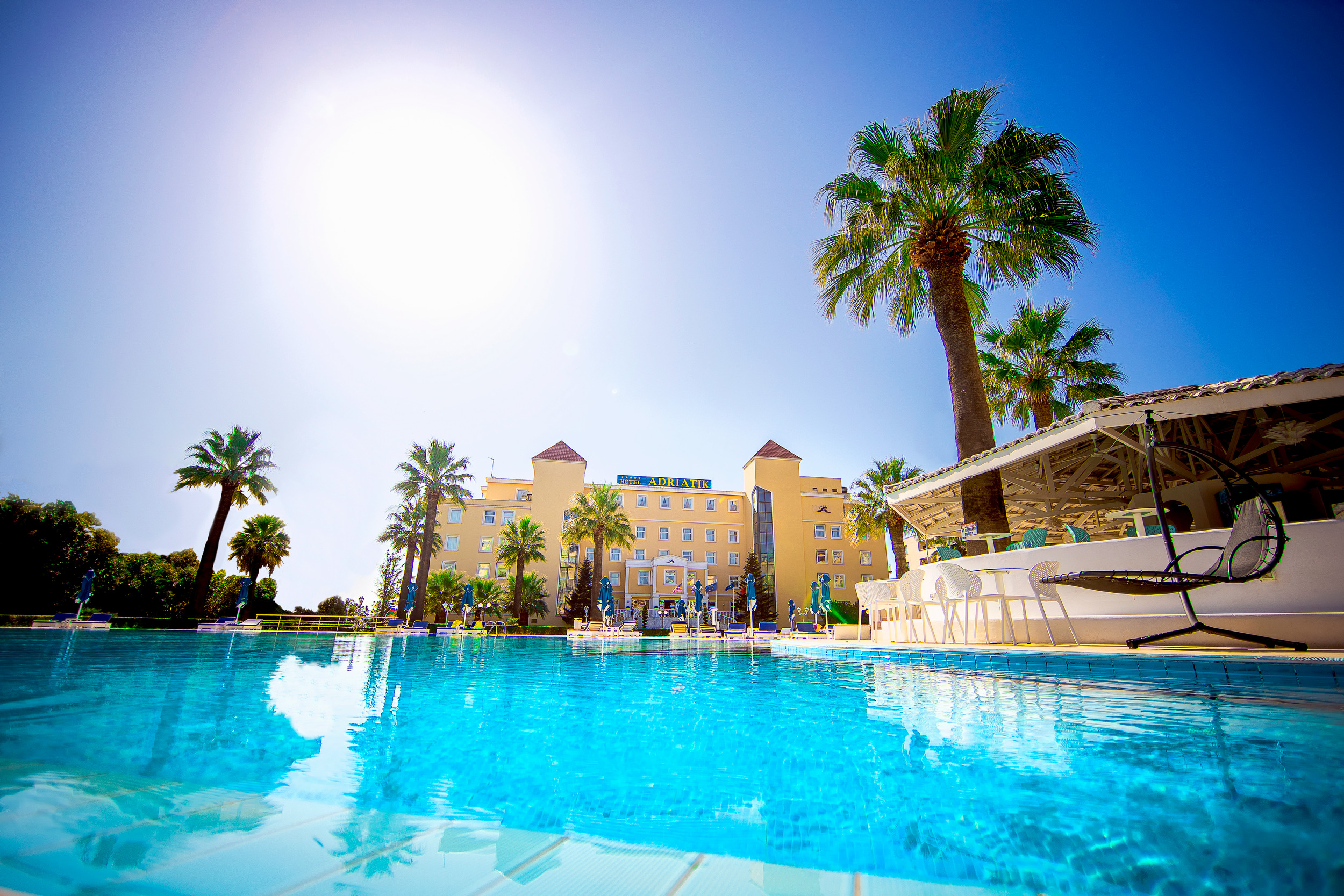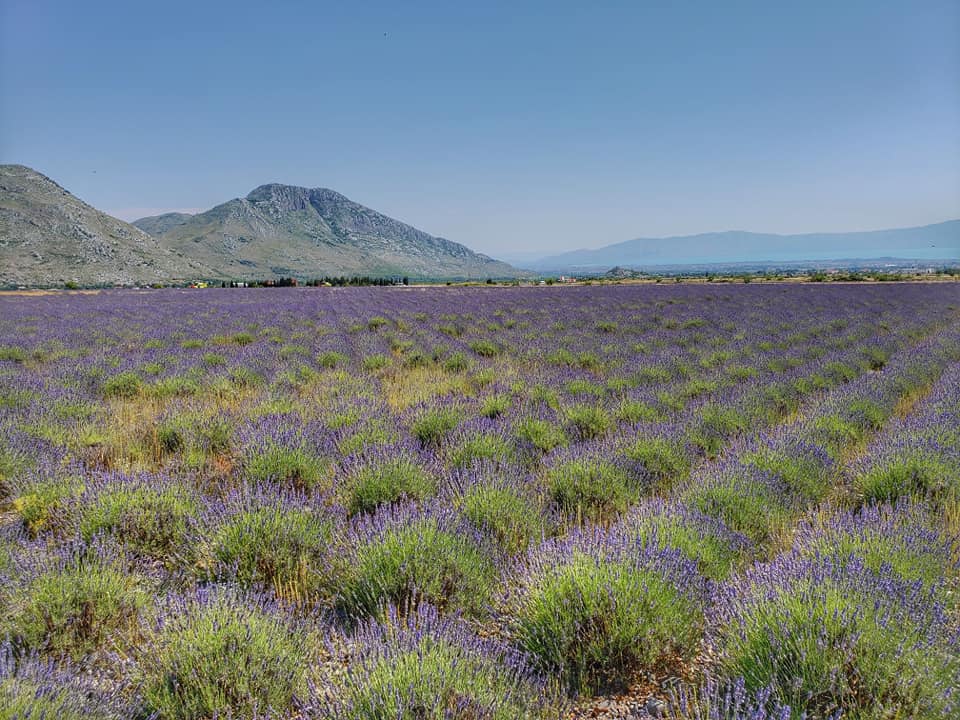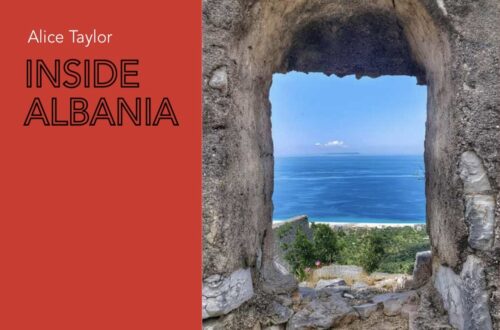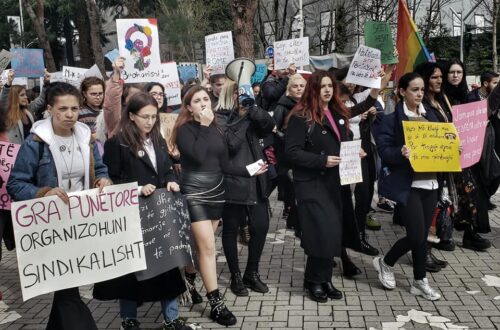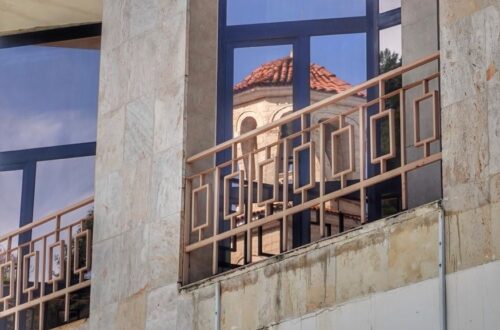On Remembrance Sunday 2022, a group of British and Albanian citizens stood solemnly in front of a war memorial in central Tirana as the haunting sound of The Last Post was played by a lone trumpeter. The purpose of the ceremony was to commemorate the lives of the British soldiers that fought in Albania against fascism and the Albanians that fought alongside them as allies.
Meanwhile, online, a war of words erupted after Albanians living in Britain protested against what they described as the hateful, xenophobic and discriminatory language used by government officials against them amid a wave of irregular migration to UK shores. Perpetual pot-stirrer Nigel Farrage used the opportunity to accuse Albanians of high-jacking the so-called “remembrance weekend” and being disrespectful to the British war effort while being blissfully unaware of the history between the two nations.
Diplomatic relations between Great Britain and Albania started in 1922 and were suspended in 1939 for 51 years during the communist reign of Enver Hoxha before being re-established in 1991 when the regime fell. Before this, as Albania proclaimed its independence from the Ottoman Empire in 1912, the Partition of Albania took place at the London Conference of 1912-1913, resulting in Albanian land being divided amongst neighbouring countries, resulting in tensions that continued in the region even now. As mentioned, Albanian and British soldiers fought with the same common goal during World War II. Today, they conduct joint military exercises, have signed many agreements on tourism, trade, and tax, and are both members of NATO, the UN, and the OSCE.
In the lake park of the Albanian capital, politicians, public figures, diplomats, religious leaders, and members of the public came together to reinforce the importance of building bridges and leaving grudges behind. Another poignant message was that we must not let ourselves be divided if we want to preserve peace and democracy-a memo missed by Westminster.
Braverman’s war rhetoric
At the end of October, British Home Secretary Suella Braverman called migrants, including Albanians crossing the channel en mass, an “invasion”. British media ran with the rhetoric and developed it into a narrative that an army of young Albanian men looking to traffic drugs and sex, engage in organised crime, and live off the generosity of British taxpayers were besieging our shores.
The violent implication of the word “invasion” used exclusively in matters of war, combined with sweeping statements about criminality, organised crime, and gangs, struck fear into the heart of middle England.
But their fears were not totally unfounded and had a basis, in fact. During the summer, the number of people crossing The Channel in rubber dinghies increased significantly, causing alarm for the Home Office. It soon emerged that up to a third of those making the perilous journey was from Albania, a NATO member that recently opened EU accession negotiations and a safe, albeit rather poor European country.
In 2020, just 50 Albanians crossed The Channel in boats, a number that rose to 11,241 in the first nine months of 2022. By 13 December, that number was estimated to be almost 13,000, most of whom sought asylum.
Once in the UK, many go to work in the informal economy, in kitchens, as cleaners, in hotels, or in the case of some, particularly those with a debt to pay for their transit, in cannabis farms or drug trafficking structures.
While the increase is significant, waves of migration from Albania are nothing new. After the fall of communism in 1991, thousands poured over the newly opened borders, desperate for freedom and democracy. In 1997, as the country teetered on the brink of civil war following the collapse of a web of pyramid schemes that effectively bankrupted half of the country, thousands more sought a life abroad. Over the subsequent decades, thousands left every year for the UK, Europe, and the US.
EU figures have told a similar story over the last decade, with Albanians consistently ranking amongst those with the most applications in the bloc. This summer, France saw more asylum seekers from the country reaching their borders- nearly 8000 until June, with thousands more in other EU countries like Germany and Greece. These figures are also significantly less than the almost 70,000 that applied for asylum in the EU and UK in 2015- numbers that pour cold water on Braverman’s assertions.
Today, it is believed that some 1.4 million people have left Albania since the regime’s fall, with 700,000 of those leaving in the last decade. The reasons why they leave are complex, but include poverty, corruption, intergenerational trauma on a societal level, poor infrastructure, frustration, and a historical predisposition to emigrate.
In 2022, the European economic crisis put a further squeeze on people and the phenomenon of smuggling gangs using TikTok to advertise Channel crossings for upwards of GBP3000 made it much easier to reach their young, educated, and tuned-in target audience.
But we must also not forget that many Albanians have successfully been granted asylum both in the EU and UK, with up to 53% being approved in the first instance and another 50% on appeal. Common reasons include fleeing trafficking, domestic violence, blood feuds, crime, and loan sharks.
‘I cannot tell them not to go’
Albanian Prime Minister Edi Rama told me in an interview recently that he cannot tell young people to leave as they have the right and freedom to do so, but he hopes that some will come back, bringing with them new skills and mentalities.
I don’t really see it as a tragedy. I see it as a part of this period of history and also as part of life,” he said while deploring the exploitation being carried out by people traffickers.
Rama has been clear that the responsibility for stopping Albanians from entering the UK lies with the British government. He rejected the use of war-like rhetoric such as invasion and said he was disgusted with British politics. Speaking to BBC Newsnight, he said the government was fuelling xenophobia, singling out a community and using Albania as a scapegoat for their own political failures, particularly on migration.
He was not wrong. Immigration is a highly divisive topic in the UK and one that is popular with the right wing. At the time of Braverman’s comments, the Conservative Party, still reeling from the resignation of Boris Johnson, the six-week tenure of Liz Truss, and the appointment of Rishi Sunak, had some of the lowest polls in its history. It was necessary to galvanise the right and have them rally around a common enemy; immigrants.
This is a story we have seen rolled out many times before, be it the Polish, Bulgarians, Romanians, or Muslims. The enemy is identified, the government declares war on them, a win is sought, and the popularity of the party is reinforced. There is never any concern for the victims; the real people on the ground in both Albania and the UK.
Of course, in Albania, there is a lot of work to be done to improve the health service and education, increase wages, and reduce corruption and political malaise, but this cannot be fixed overnight.
Societal fallout
As the public debate roared on, I spoke to an Albanian friend living outside of London with two young children. A successful businessman and long-time legal, resident of the UK, he was distraught that his daughters had come home asking why their friends were not playing with them and were saying that Albanians are criminals. I heard similar stories from other Albanians living throughout the country who said their young children had been reduced to tears and ostracised in the playground.
As a mother to an Albanian citizen, I even experienced it first-hand when on the phone to the passport office, no less. When inquiring about the status of her citizenship application, the gentleman on the phone made a joke about “another Albanian wanting a British passport.” I was stunned and deeply angered.
In Tirana, my Albanian friends shook their heads, sighed, and felt ashamed of how they were being perceived by the world. Very aware of Albanians’ reputation as criminals and drug traffickers, partly founded and partly due to xenophobia and lazy stereotyping, they feel torn between pride for their nationality, embarrassment, fear and anger.
But the fallout of this toxic discourse goes far beyond jibes and playground bullies. As already mentioned, amongst the thousands of asylum applications, there are those that are totally founded.
There are women fleeing horrific domestic and sexual violence that cannot get justice or protection, there are those who have escaped from traffickers and have been rejected by their families due to stigma. There are members of the LGBTIQ community who cannot work, rent a home, or walk in public alone because of the hassle they receive. Then there are others who flee criminals and revenge killings, and the occasional case of political persecution.
A five-point, one-sided plan
The UK government annouced a five-point plan this week, which will essentially make it impossible for Albanians to seek asylum in the country. It will also make the review process much tougher, which, while necessary to weed out unfounded cases, could also steamroll the cases of the vulnerable.
While the plan foresees stationing British border guards at the Albanian airport, stepping up sea patrols, and creating a task force to scrutinise every application, there is little mention of getting to the route of the problem in Albania or dealing with traffickers themselves.
Afterall, the crime of trafficking these people is happening in the UK and France, and yet Albanians are being singled out as criminals and troublemakers. Earlier this week, Rama reacted to the plan, reiterating that Albania is ready to work together on the issue but insisting,
“Do not talk about an Albanian crime, a crime is a crime and has no ethnicity.”
Again, he is right. The discourse in British Parliament that fuels the mainstream media and spills out onto social media and into our societies is one that is immensely damaging on many levels.
It creates shame, stigma, and hate, and most of all, it does absolutely nothing to solve the problem.
There is no doubt that the number of people leaving Albania needs to reduce, that the UK is stretched when it comes to processing migrants, and that there are issues with organised crime throughout Europe, but harsh words and one-sided policies do absolutely nothing to help that.
Instead, they divide our continent, even more, demonising 2.7 million people purely on the basis of where they were born. We have been down this road many times before, yet apparently, we have learned nothing.
Follow The Balkanista!